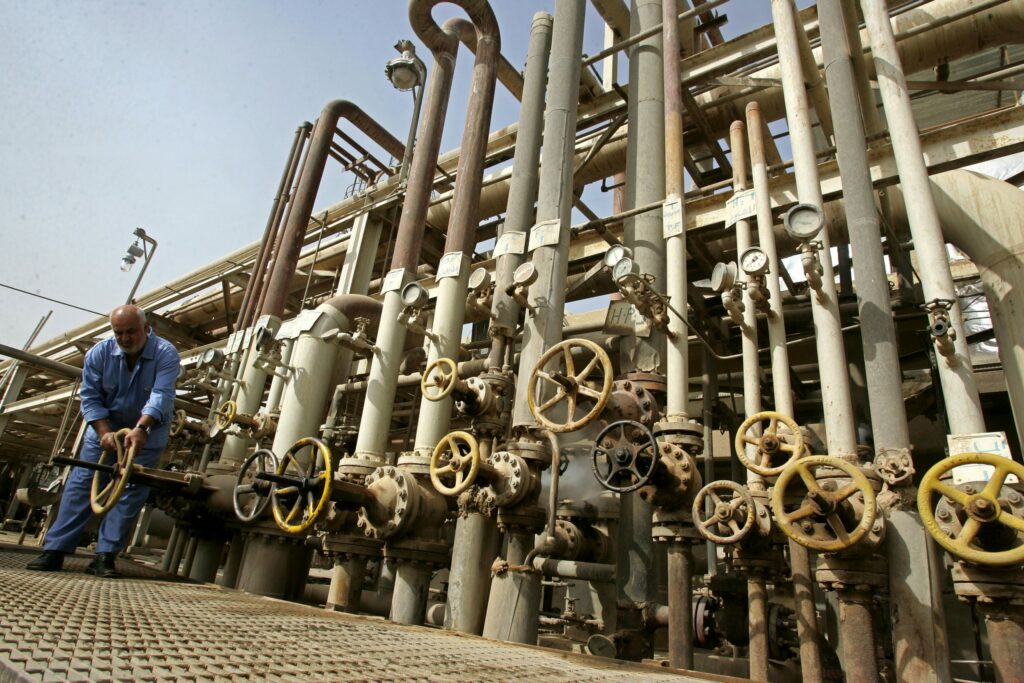Oil filtration using cellulose capillary filters contribute to sustainable developments by achieving hither-to-unknown levels of cleanliness with lubricant oil, hydraulic oil and turbine oil, and is widely used in European countries who boast of the strictest environmental regulations. The cellulose capillary filter element is fitted into a filtration unit, which is joined to the oil tank of a machine to form an offline filtration system. The used oil is drawn into the filtration unit, and as the oil slowly passes the cellulose capillary element, contaminants as small as 0.1 micron are removed. The removed particles include metal wear, oxidant particles, and varnish precursors, and the oil invariably becomes far cleaner than new oil, which means that oil changes are no longer necessary. As the clean oil comes out of the filtration unit and goes back into the machine’s oil system, the lubricant qualities of the oil is restored, thus protecting the machinery from wear and drastically reducing the need for part replacement and eliminating machinery breakdowns. The cost incurred in a single breakdown can be far greater than the cost of purchasing and maintaining a cellulose capillary filtration system for several years.

When we explain that the cellulose capillary filters can filter down to particles as small as 0.1 micron, we are almost always met with concern that the filter will clog up quickly. Sometimes we hear of factory managers choosing a 10 micron filter over a 5 micron filter to prevent clogging. But the cellulose capillary filter element is a depth-type filter which has a much larger filtration capacity than similar size filters. The filter element has a dry weight of 1.8 kg, and can contain 3-5 kg of particles and water. With the appropriately sized filtration unit and number of filter elements, the unit can be managed with a simple filter change once a year (more frequent changes may be required in the early stages of installation and depending on the oil condition).

Lubricant oil deteriorates due to heat, oxidation, multiple reactions between the metals, and degradation or depletion of the additives contained in the oil. But the greatest contributor to oil deterioration is the contaminants inside the oil. Conventionally, electrostatic oil cleaning has been used, in which electricity is used to condense the minute contaminant particles into larger particles before they are filtered. Delta-Xero, however, employs a much simpler structure, but due to its originally developed cellulose depth-type filtration element is able to achieve a far greater level of filtration compared to the electrostatic filter machines. This allows the oil to be constantly kept cleaner than unused oil, adds longevity to the machinery and its parts, and great reduces the cost of maintenance. I highly recommend all to purchase this excellent product for your machinery.
JSD Ltd. Technical Advisor, Minoru Fujita, PhD
Doctor of Engineering
Consultant Engineer (Chemical)
